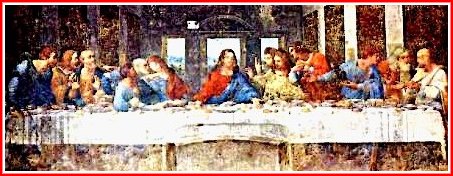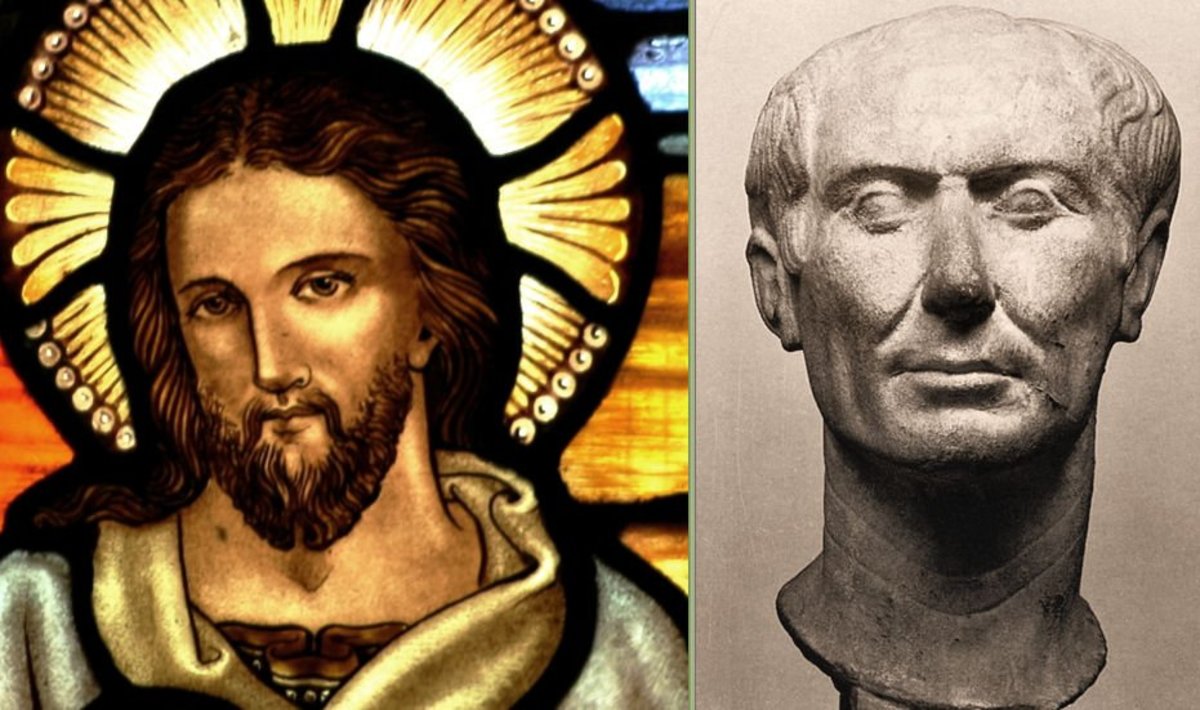Ancient Evidence of Jesus Christ



Many people don’t believe what the bible states about Jesus. They require additional evidence. They need some independent, non-biblical evidence to support what the bible states. Is there such proof outside of the Bible? Yes!
One important reference to Jesus outside the New Testament is Emperor Nero's decision to blame the Christians for the fire that destroyed Rome in 64 A.D. The Roman historian Tacitus wrote: “Nero fastened the guilt . . . on a class hated for their abominations, called Christians by the populace. Christus, from whom the name had its origin, suffered the extreme penalty during the reign of Tiberius at the hands of Pontius Pilatus, and a most mischievous superstition, thus checked for the moment, again broke out not only in Judaea, the first source of the evil, but even in Rome.”
Notice, Tacitus says Christians are named after a historical person called Christus or Christ. He is said to have "suffered the extreme penalty," meaning crucifixion. The crucifixion occurred during the reign of Tiberius and at the hands of Pontius Pilatus. This corresponds to what the Gospels say.


But, what of Tacitus' statement about Christ's death being “briefly checked” and "a most mischievous superstition," arising not only in Judaea, but Rome as well? Some have said he might have been showing an indirect testimony Christ rose from the grave. Sure, the statement is speculative, but it would explain a burgeoning religion based on worshiping a man who had been crucified.
More evidence about Jesus can be found in letters of Pliny the Younger, Roman governor of Bithynia in Asia Minor. In one letter, dated around A.D. 110, Pliny seeks advice about conducting legal proceedings against those accused of being Christians. He was in a quandary since so many stood accused of the crime.
Also in the letter, Pliny includes what he knew about Christians: “They were in the habit of meeting on a certain fixed day before it was light, when they sang in alternate verses a hymn to Christ, as to a god, and bound themselves by a solemn oath, not to any wicked deeds, but never to commit any fraud, theft or adultery, never to falsify their word, nor deny a trust when they should be called upon to deliver it up.” This portion points out an interesting fact about what early Christians believed. Christians met on a fixed day to worship and it was directed to Christ.
One noted scholar understands Pliny's statement that hymns were sung to Christ, as to a god. "…unlike other gods who were worshipped, Christ was a person who had lived on earth." This statement clearly shows Pliny understood Christians were worshipping an actual person as God. This also supports the New Testament doctrine Jesus was both God and man

Perhaps the most remarkable references to Jesus outside the Bible were recorded by Josephus, a first century Jewish historian. He mentions Jesus twice in his Jewish Antiquities. He also describes the condemnation of one "James" by the Sanhedrin. “This James was the brother of Jesus the so-called Christ.” This substantiates the Apostle Paul’s description of James in Galatians 1:19 as being "the Lord's brother." Few scholars doubt the authenticity of Josephus’s record.
There are more references made even earlier by Josephus, such as in the "Testimonium Flavianum." It says, “About this time there lived Jesus, a wise man, if indeed one ought to call him a man. For He wrought surprising feats. He was the Christ. When Pilate condemned him to be crucified, those who had come to love him did not give up their affection for him. On the third day he appeared, restored to life. And the tribe of Christians has not disappeared.” However, there is some question as to whether Josephus authored the entire text.
Most historians think the main passage originated with Josephus, but later altered by a Christian editor. What is their reasoning for this? They point to the fact Josephus was not a Christian and no one but a Christian would have made these statements. But, when combined with Josephus' later reference to Jesus as "the so-called Christ," it becomes clear the "biblical Jesus" and the "historical Jesus" is referring to the same person.
There are also a few references to Jesus contained in the Babylonian Talmud. The Talmud is a collection of rabbinical writings amassed around 70-500 A.D. The clearest reference to Jesus in this compilation states: “On the eve of the Passover Yeshu was hanged. For forty days before the execution took place, a herald cried, "He is going forth to be stoned because he has practiced sorcery and enticed Israel to apostasy."
"Yeshu" or "Yeshua," is how Jesus' name is pronounced in Hebrew. But why does it say Jesus was hanged when the New Testament uses the word crucified? Does it mean the same? In Galatians 3:13 the term “hanged” is used as well as in Luke 23:39 which describe the two thieves crucified with Christ. So the Talmud does indicate Jesus was crucified on the eve of Passover. The cry of the herald that Jesus was to be stoned may simply be what the Jewish leaders were planning to do if the Romans didn’t carry out the crucifixion.
But, since this information comes from a somewhat hostile manuscript, it should be no surprise Jesus is portrayed in a somewhat less flattering way than in the New Testament. In fact, the accusations closely parallel accounts in the gospels. Take for example the charge Jesus used sorcery to cast out demons leveled by the Pharisees'. Wouldn’t such a charge tend to lend credence to claims Jesus performed miracles? And the charge of enticing Israel to apostasy matches Luke's account of Jesus being accused of misleading the nation with his teaching.
Let’s summarize references to Jesus in ancient non-Christian sources:
· Josephus indicates Jesus was regarded as wise.
· Pliny and the Talmud describe Jesus as a powerful and revered teacher.
· Both Josephus and the Talmud indicate He performed miraculous feats.
· Tacitus, Josephus and the Talmud all mention Jesus was crucified.
· Tacitus and Josephus say he was crucified under Pontius Pilate.
· The Talmud declares the crucifixion occurred on the eve of Passover.
· Both Tacitus and Josephus cite possible references to the Christian belief in Jesus' resurrection.
· Josephus records Jesus' followers believed He was the Christ, or Messiah.
· Pliny wrote Christians worshipped Jesus as God.










